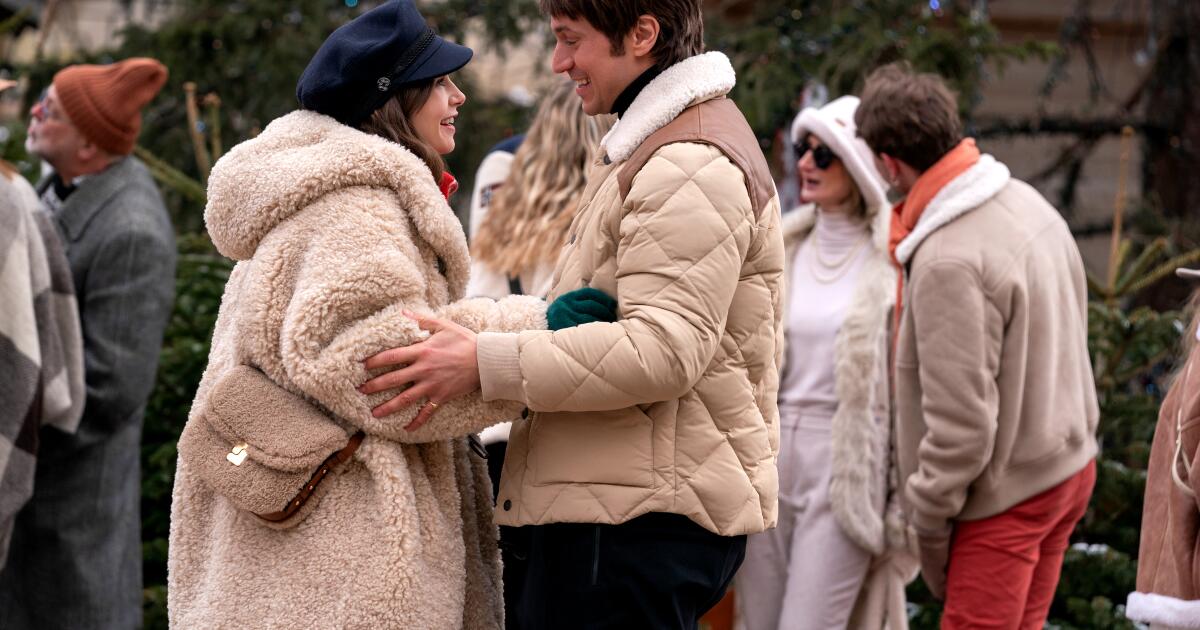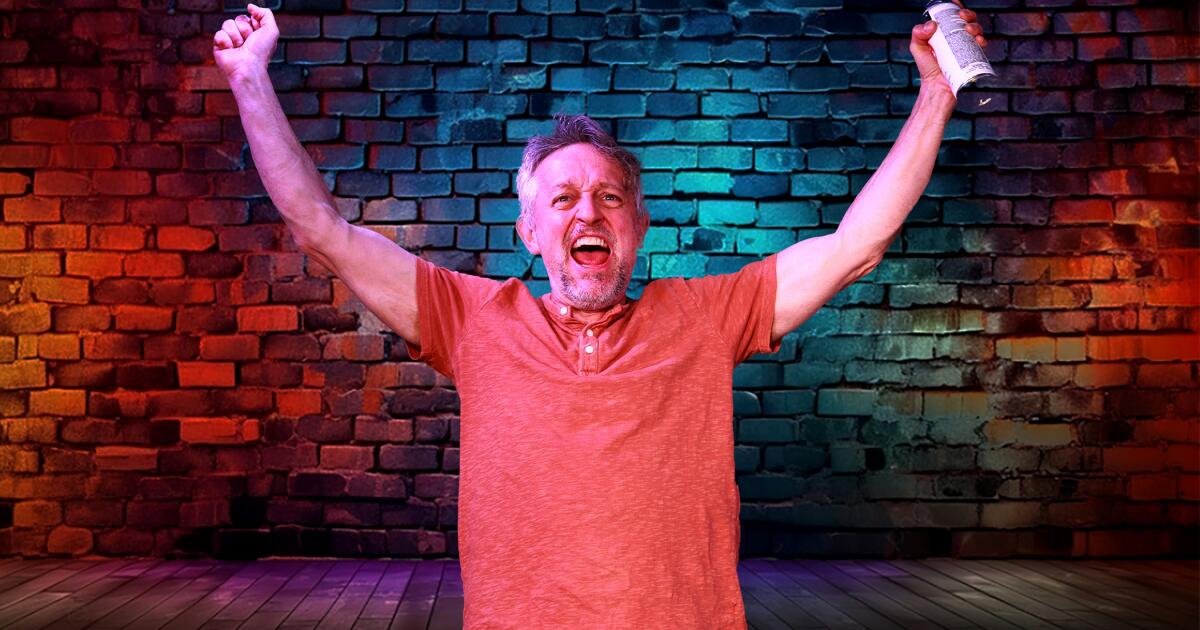Your support helps us to tell the story
From reproductive rights to climate change to Big Tech, The Independent is on the ground when the story is developing. Whether it’s investigating the financials of Elon Musk’s pro-Trump PAC or producing our latest documentary, ‘The A Word’, which shines a light on the American women fighting for reproductive rights, we know how important it is to parse out the facts from the messaging.
At such a critical moment in US history, we need reporters on the ground. Your donation allows us to keep sending journalists to speak to both sides of the story.
The Independent is trusted by Americans across the entire political spectrum. And unlike many other quality news outlets, we choose not to lock Americans out of our reporting and analysis with paywalls. We believe quality journalism should be available to everyone, paid for by those who can afford it.
Your support makes all the difference.
A Vietnamese tourist sparked a controversy after she posted pictures of herself doing yoga poses in front of South Korea’s Gyeongbokgung Palace, a national heritage site.
Gyeongbokgung Palace was the main royal residence and the seat of government during the Joseon period, from 1392-1910.
Kieu Hoa, 37, from Hanoi visited South Korea late in October and posed near Gwanghwamun, the main and largest gate of the palace.
After she posted her photos, she received criticism from both South Korea as well as her native country Vietnam, with many questioning whether her behaviour or her clothing were appropriate considering the palace is both a sacred and a cultural institution for Koreans.
“The palace is a sacred place in their country, much like our Hue Imperial City. Her behaviour is disgraceful,” said one user. “Rude and offensive. Such acts create a negative impression on foreigners about the image of Vietnamese people,” said another, according to Vietnamese online newspaper VnExpress.
Ms Hoa defended herself saying she didn’t break any rules and wasn’t cautioned by palace security either. “Everyone has their own preferences, and we should respect differences,” she said.
Seo Kyoung-duk, a professor of Seoul’s Sungshin Women’s University, spoke about the potential damage to national cultural institutions, and wrote on his social media: “Vietnamese media pointed out that she acted inappropriately at a Korean historical site and South Korean netizens also criticised her.
“She is free to practice yoga in any country or region but it is clearly wrong to do yoga against the wall of cultural assets of other countries. Her alleged assertion that such conduct would not be a problem is wrong.”
“Gyeongbok Palace is a national treasure of South Korea and its people. Her yoga done deliberately in front of the palace was clearly an insult to the Korean people,” a Yonhap reader commented.
The Royal Palaces and Tombs Centre, a public institution affiliated with the Korea Heritage Service, said on Thursday that there are no legal grounds to punish Ms Hoa since the spot she practiced at was not within the palace grounds.
“We’ll take action if we discover any behaviour that is not appropriate for the palace’s image,” the centre said, according to Yonhap. “Police will be notified if any physical impact other than simple physical contact is applied to the wall of the palace.”
This incident comes amid a larger conversation in Vietnam over people doing yoga in cultural and public spaces.
In October, there was controversy after foreign tourists shot a video of a woman doing yoga on Fansipan, the highest mountain in Vietnam. Many said her yoga outfit was not proper and she should have dressed more modestly. In May, a group of women were fined for causing disruption to traffic after they filmed themselves doing yoga in the middle of a street in Thai Binh.






